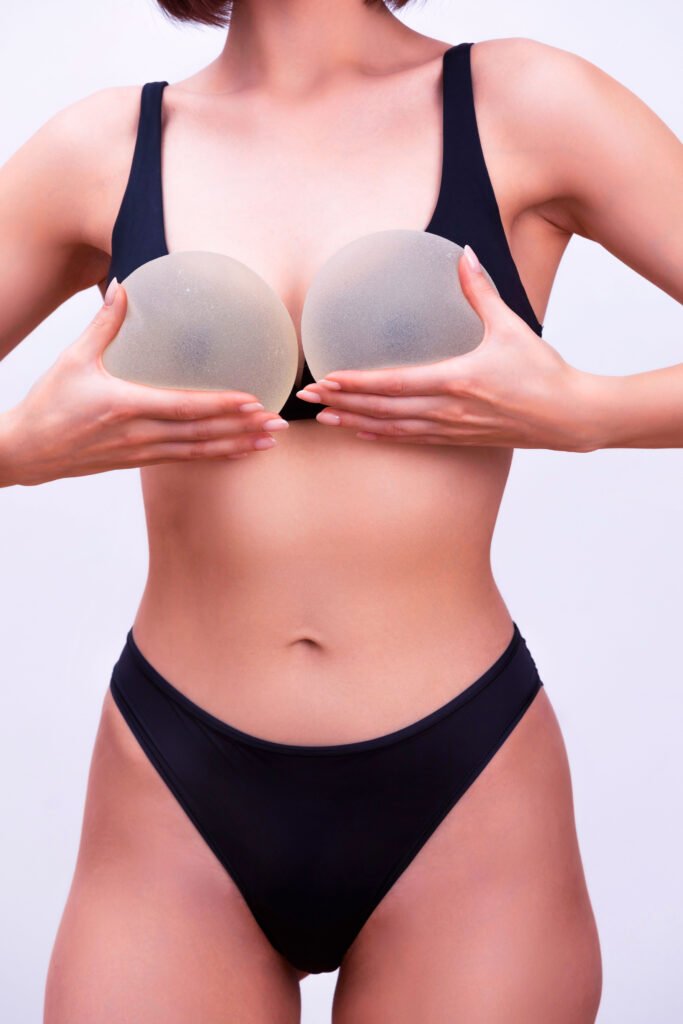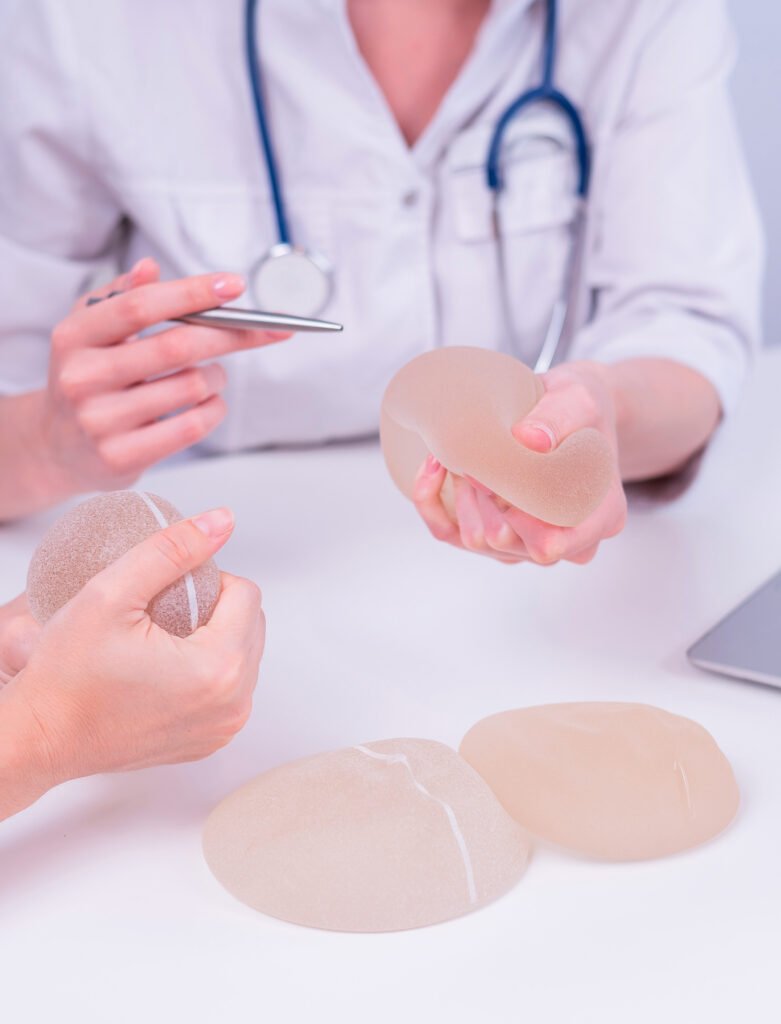
Explantation was born due to the need to respond to the constant questions about the disease of breast implants. We wanted to create a space where they could share experiences and concerns about the explantation in Latin america, ensuring that no woman is sitting alone in your struggle. We want all women with breast implants, which are experiencing unexplained symptoms consider the possibility of being affected by this disease and are in Explantation of the necessary support. This initiative came about in collaboration with the ASIA Recovery and other activists to unite our voices in a single.
Explantation was born due to the need to respond to the constant questions about the disease of breast implants. We wanted to create a space where they could share experiences and concerns about the explantation in Latin america, ensuring that no woman is sitting alone in your struggle. We want all women with breast implants, which are experiencing unexplained symptoms consider the possibility of being affected by this disease and are in Explantation of the necessary support. This initiative came about in collaboration with the ASIA Recovery and other activists to unite our voices in a single.
The disease of breast implants (BII) has begun to receive more attention due to new research and to the women affected than the mentioned. This condition can cause a range of symptoms such as fatigue, memory loss, and pain in the joints, which tend to improve once the implants are removed (explantation). Many of the symptoms of BII are similar to those of autoimmune diseases and disorders of the connective tissue, such as lupus and rheumatoid arthritis. However, not all people with BII are diagnosed with an autoimmune disease or connective tissue specific. The BII is not yet officially recognized as a medical condition, but some experts suggest that it could be related to a reaction autoimmune implants.
The disease of breast implants (BII) has begun to receive more attention due to new research and to the women affected than the mentioned. This condition can cause a range of symptoms such as fatigue, memory loss, and pain in the joints, which tend to improve once the implants are removed (explantation). Many of the symptoms of BII are similar to those of autoimmune diseases and disorders of the connective tissue, such as lupus and rheumatoid arthritis. However, not all people with BII are diagnosed with an autoimmune disease or connective tissue specific. The BII is not yet officially recognized as a medical condition, but some experts suggest that it could be related to a reaction autoimmune implants.

Extreme fatigue
Loss of memory
Pain in the joints
Symptoms similar to those of
autoimmune diseases
Muscle aches
Difficulty concentrating
Insomnia
Anxiety
Depression
Fever
Chills
Migraines
Hair loss
Skin rashes and digestive problems
The symptoms may vary widely among individuals and can develop months or even years after implantation. Due to the wide range of symptoms and their nature, non-specific, the BII can be difficult to diagnose, and many women do not realize that their symptoms are related to their implants to consulting with a specialist or considered explantation.
The Syndrome of ASIA (Syndrome Autoimmune /inflammatory Induced by Adjuvants) is a disease relatively new, first proposed in 2011 by researchers Yehuda Shoenfeld, Nancy Agmon-Levin. This condition encompasses a group of diseases mediated by an immunological reaction secondary to exposure to adjuvants, such as the silicone used in breast implants. The multiple symptoms that are generated usually resolve once the causative agent is removed. Diagnosis of the Syndrome of ASIA: The diagnosis of
Syndrome of ASIA is made to meet two major criteria or one major and two minors, according to the parameters established by the experts. Epidemiology: In 2017, Colombia was ranked number 11 globally in aesthetic procedures, representing 2.1% of these procedures, which include breast augmentation with breast implants. In recent years, it has been observed an association between exposure to silicone, and the appearance of autoimmune diseases.

At Explantation, our mission is to inform and support women affected by the disease of breast implants. We are dedicated to spreading knowledge about the symptoms and risks associated with breast implants, ensuring that any woman feel helpless. In addition, we work to generate aid through third parties, to provide assistance to consultations with specialists, and surgical processes to those who need it.
Our goal is that the disease of breast implants to be recognized and treated as any other disease, allowing patients access to public health services for an explantation correct. We dream of a future in which all women have access to the information and resources needed to overcome this disease.
At Explantation, our mission is to inform and support women affected by the disease of breast implants. We are dedicated to spreading knowledge about the symptoms and risks associated with breast implants, ensuring that any woman feel helpless. In addition, we work to generate aid through third parties, to provide assistance to consultations with specialists, and surgical processes to those who need it.
Our goal is that the disease of breast implants to be recognized and treated as any other disease, allowing patients access to public health services for an explantation correct. We dream of a future in which all women have access to the information and resources needed to overcome this disease.
Discover the crucial information about the disease of breast implants and the syndrome of ASIA. In this section, you will find detailed articles and backed by research, that will help you to better understand these conditions.
Discover the crucial information about the disease of breast implants and the syndrome of ASIA. In this section, you will find detailed articles and backed by research, that will help you to better understand these conditions.
